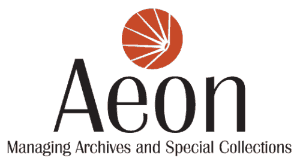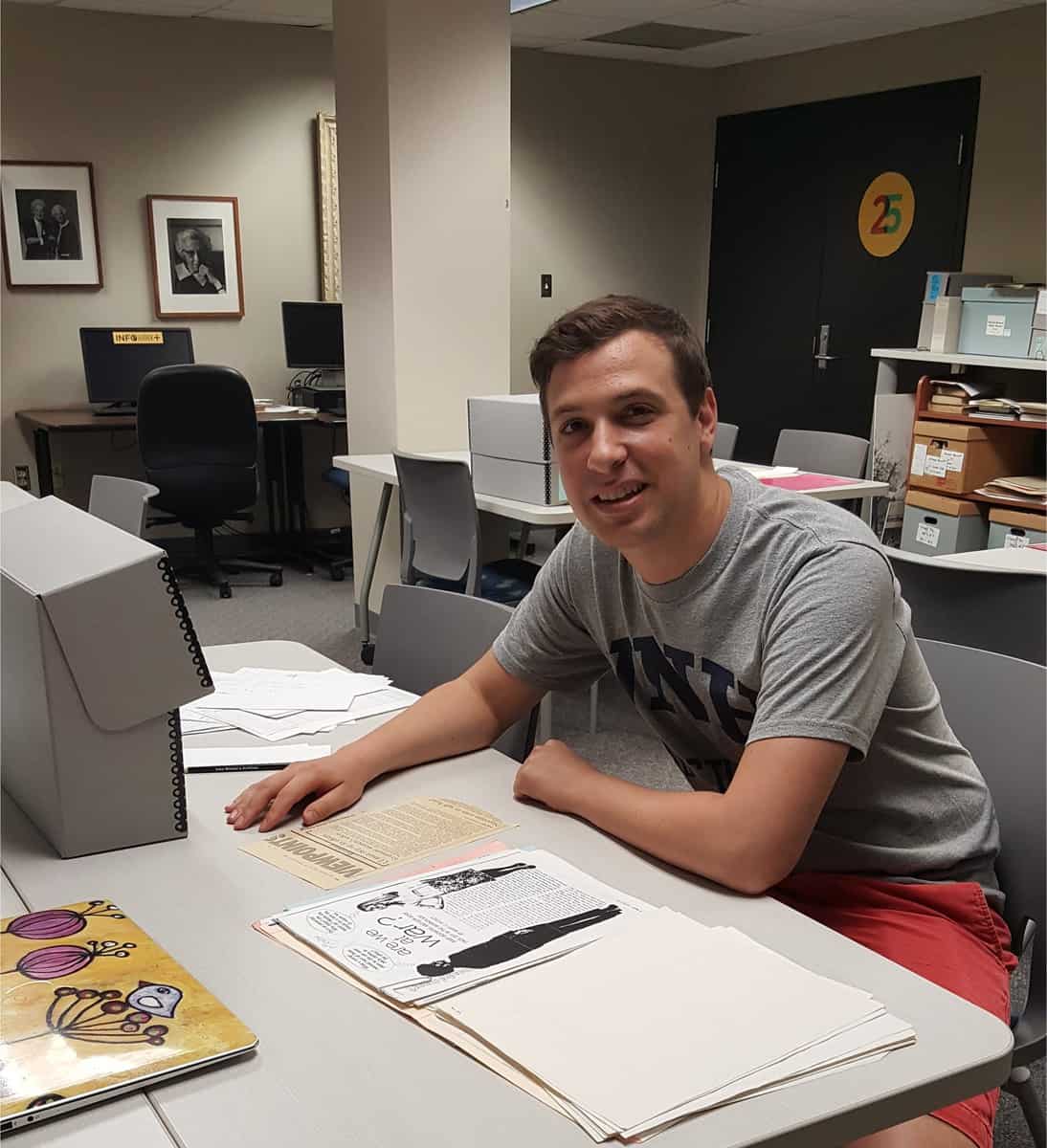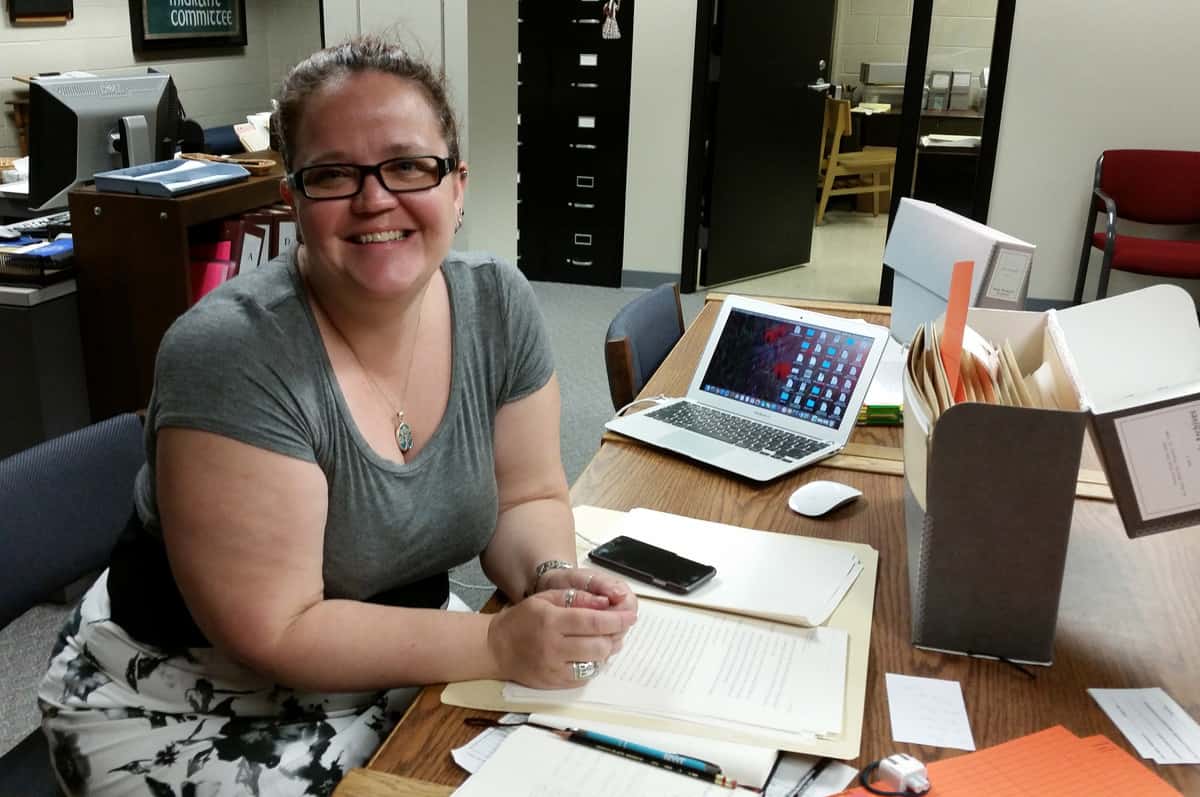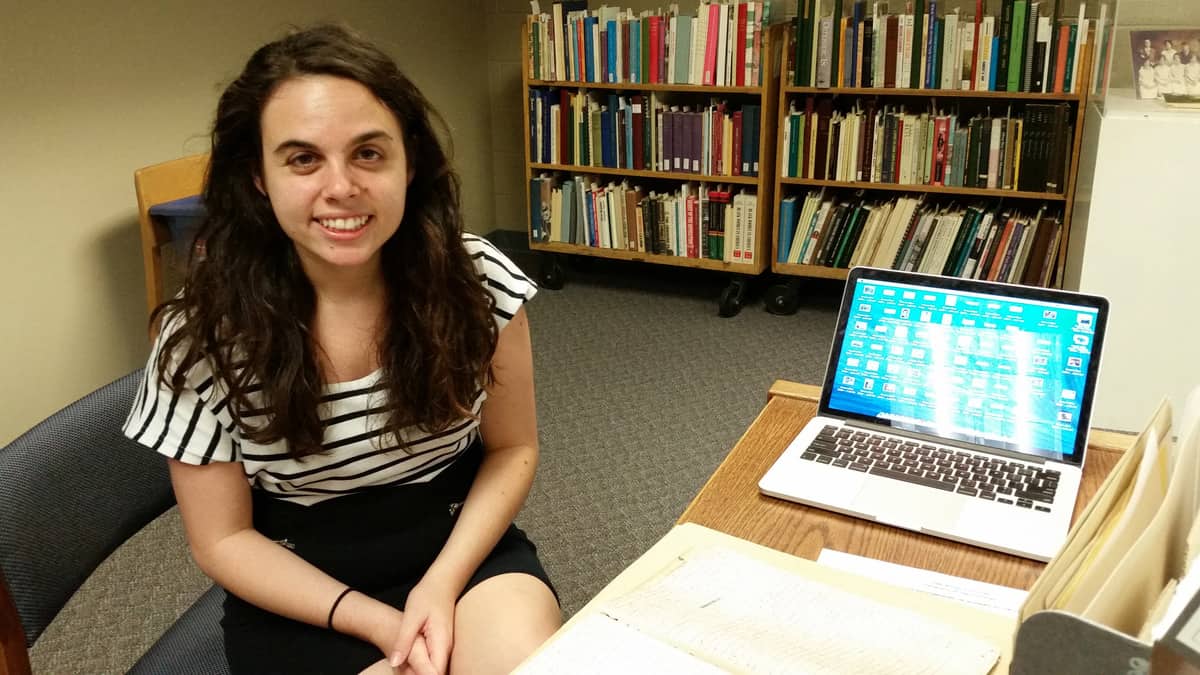As of August 23rd, 2018 the Iowa Women’s Archives has started using Aeon, a new reading room management system! Thanks to Aeon, visitors to any of the special collections reading rooms will be able to: Patrons can expect a few changes in the reading room the next time they visit. There will be much lessContinue reading “Aeon and Reading Room Changes”
Tag Archives: Research
Our 2018 Travel Grant Recipient: Ezra Temko
Our 2018 Linda and Richard Kerber Fund travel grant recipient is Ezra Temko, a Sociology PhD candidate at the University of New Hampshire (UNH). The Linda and Richard Kerber Fund was established to help researchers travel to the Iowa Women’s Archives. Temko has come to Iowa City from the state of Delaware, where his researchContinue reading “Our 2018 Travel Grant Recipient: Ezra Temko”
Meet Annessa Babic
Dr. Annessa Babic, coordinator of interdisciplinary studies at the New York Institute of Technology and Dr. Tanfer Tunç of Hacettepe University in Ankara, Turkey are the most recent recipients of a research grant from the Linda and Richard Kerber Fund for Research in the Iowa Women’s Archives, a grant that helps researchers travel to theContinue reading “Meet Annessa Babic”
Our 2016 Kerber Fund Recipient: Lauren Feldmen
Last week, the Iowa Women’s Archives welcomes Lauren Feldman, a doctoral candidate in history from Johns Hopkins University. Lauren is the latest recipient of the Linda and Richard Kerber Fund for Research in the Iowa Women’s Archives, a $1000 travel grant to bring researchers to the IWA. In her research, Lauren looks at the changingContinue reading “Our 2016 Kerber Fund Recipient: Lauren Feldmen”
Kerber Fund Recipient Uncovers Women’s History
Say hello to Hannah Dudley-Shotwell, a scholar who is visiting the Archives this week, thanks to assistance from the Linda and Richard Kerber Fund for Research in the Iowa Women’s Archives. Hannah is one of the first recipients of the grant, which was inaugurated last spring. She’s a doctoral candidate in History at the UniversityContinue reading “Kerber Fund Recipient Uncovers Women’s History”




